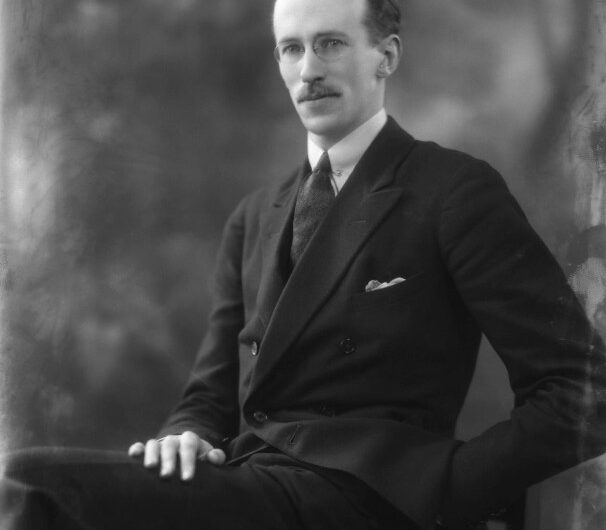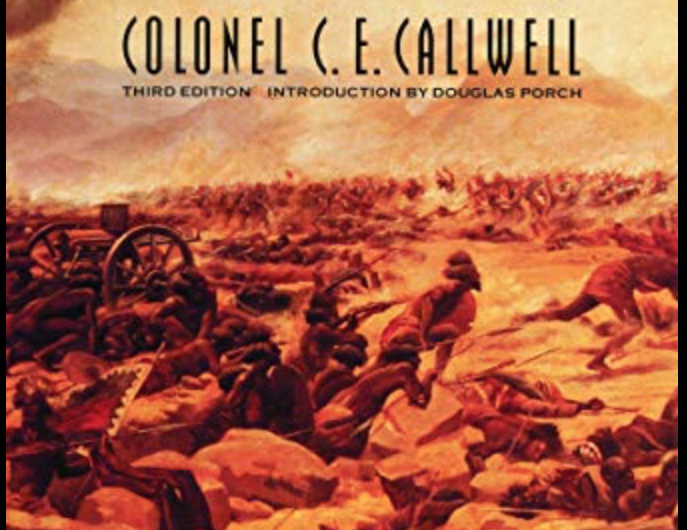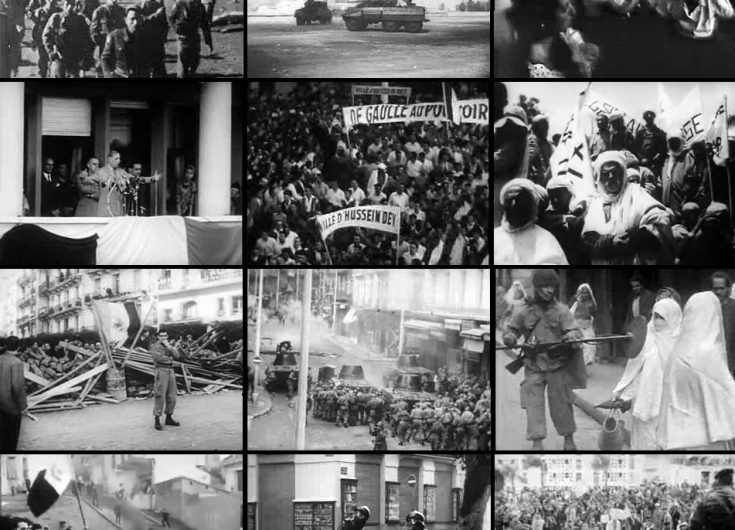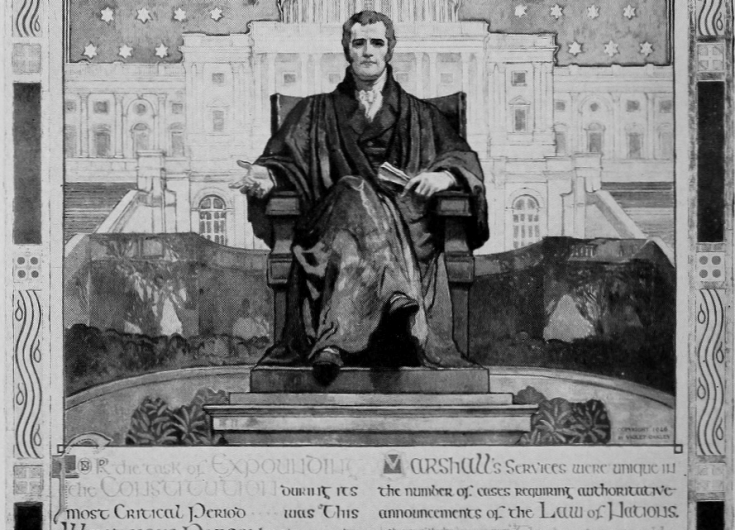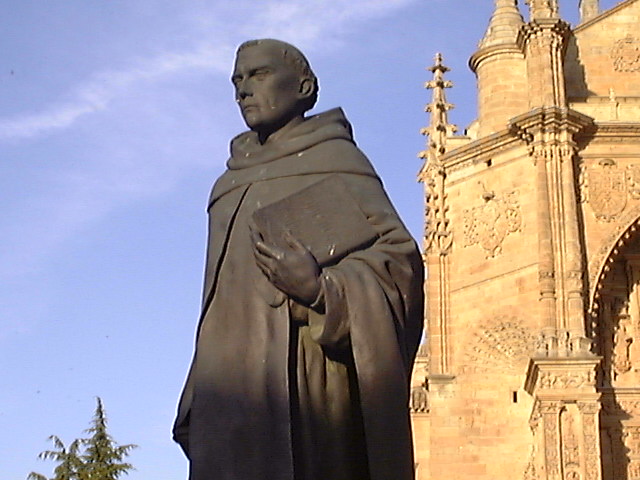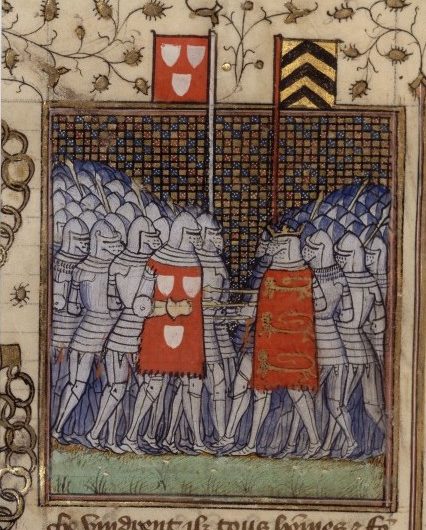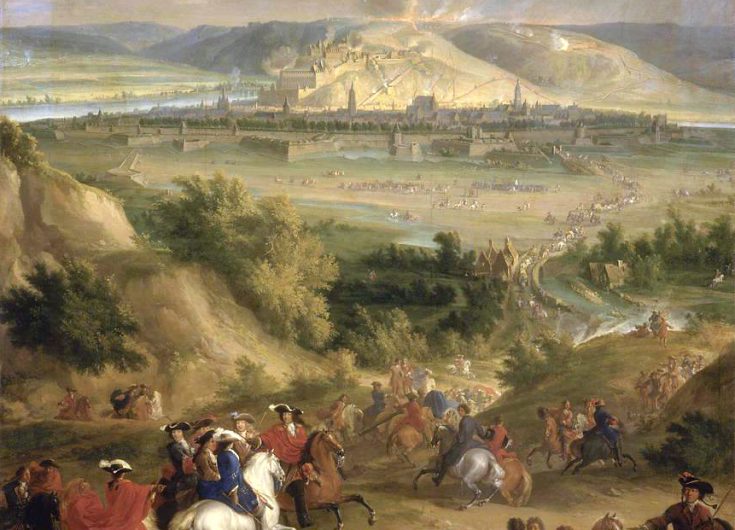

Alberico Gentili, De Jure Belli Libri Tres (1588-1599)
Alberico Gentili (1552-1608) was an Italian jurist, practicing lawyer and professor of law at Oxford University, who is consistently mentioned as a key figure at the very origins of modern international law. Just a few years before Hugo Grotius, Gentili took substantial steps in the development of a secular jurisprudence. Yet, his standing as a “pioneer” of the modern concepts of international law has been overshadowed by the preeminence of Grotius, the Dutch jurist generally regarded as the father of international law.



